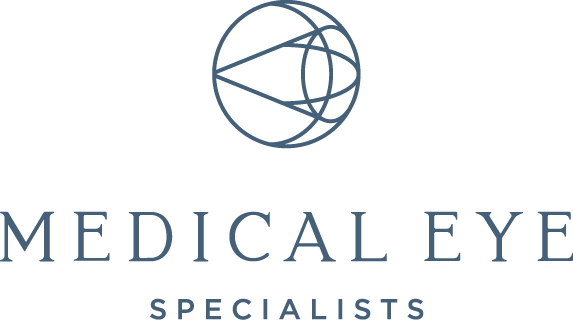Losing your vision doesn’t mean you have to give up on the things that you love to do, it just means learning new ways to do them! There are so many resources available to help you adapt and live life to the fullest.
Become familiar with assistive technology. There are so many tools designed to help those with low vision access the world, but here are some of our favorites.
- Audio Description – this is a narration track that describes visual information for people who might not be able to see it. Individuals may use this tool while seeing a movie, during a play, or visiting a museum.
- Electronic Books – these provide the ability to enlarge text or use the text-to-speech tool.
- Device Camera – this is built into a phone or tablet and provides the ability to quickly magnify things. It’s a great resource when looking at a menu, taking a photo of something and zooming in on it, or helping identify an unknown item.
Look into different services.
- Most people are familiar with guide dogs, but services don’t stop there. For example, the National Federation of the Blind offers Newsline, a 24-hour phone number where websites or newspapers are read to callers for free. The National Library Service is a free braille and talking book library service for people with low vision. And many states offer a variety of transportation services to help individuals stay mobile. We encourage you to do your research and find services that best fit your needs.
Use color and contrast to make objects easier to identify.
- You can add color contrast to handles or knobs of appliances or even to lines on measuring cups. We recommend using bright colors like reds, oranges or yellows, as they are more visible than pastels and reflect light.
While living with low vision requires learning a whole new set of skills, it doesn’t mean life can’t be enjoyable. It’s important to remember to be patient with yourself and stay connected with others who help you feel understood. With the right support, you can adapt to the changes that come with low vision and live a full and happy life!
Comprehensive Eye Care
From routine eye care to medical and surgical eye treatment, our ophthalmologists and optometrists are focused on your vision and the health of your whole eye.




